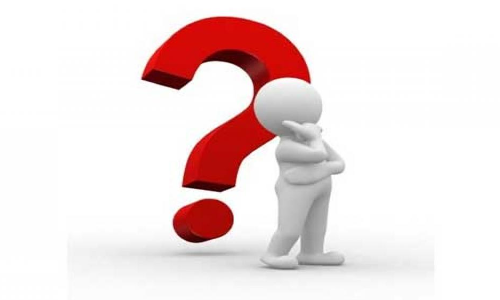Reflex, Reflexed, Reflexive

You act reflexively. Reflex is an automatic reaction to a stimulus or an action done without conscious thought, actions done without mental effort or without the involvement of the brain but as a response to a stimulus.
You act reflexively. Reflex is an automatic reaction to a stimulus or an action done without conscious thought, actions done without mental effort or without the involvement of the brain but as a response to a stimulus.
Reflex actions are rapid involuntary reactions from the body such as from nervous system and glands and skeletal musicales.
Your eyes and hands act reflexively when exposed bright light and hot things respectively.
Another distinct meaning of reflex is a thing that is determining the qualities of something else.
Culture is a reflex of society.
As an adjective, reflex is an action performed without conscious thought but as an automatic response to a stimulus: something done instinctively, involuntarily, unconsciously, untaught, without volition, without conscious control.
Reflexed (adjective) leaves bend downward and outward more than 90 degrees.
Reflex as a verb refers to turn back, bend, reflect, responding to a stimulus.
People reflex.
And, reflex angle is the angle exceeding 180 degrees.
Reflex is derived from the Latin word ‘reflexus’ meaning to bend back.
Grammatically, reflexive functions as a noun and adjective.
Reflexive is a pronoun that refers back to the subject of the same clause – reflexive pronoun is the direct object when the object is the same as the subject: She came to understand herself. He came to understand himself albeit late. She and he learned to live with themselves.
Reflexive pronoun is not used as the subject (not, myself came there but I came there. Not, he and myself travelled but he and I travelled).
A reflexive pronoun is used next to the subject when emphasising or emphatically reinforcing, also called intensive pronouns: They themselves believed the propaganda without knowing it was propaganda and voted accordingly. I myself went to check…
I cooked it myself.
Have you yourself been there?
The Prime Minister himself took the broom to clean the streets!
She herself spoke to them though bedridden.
The reflexive pronouns end in –self (singular): myself, himself, herself, itself; and –selves (plural): themselves.
How many reflexive pronouns are there in English language?
The reflexive pronoun of I is myself.
Reflexive is a verb or verb structure (verb + reflexive pronoun) taking a reflexive pronoun as the object: abuse oneself, demean oneself, perjure oneself, pride oneself.
Perjure oneself means to make oneself guilty of swearing falsely, and there are instances when witnesses in the courts have perjured themselves.
Reflexivity is the property of being reflexive.
Reflexivitization is the action or process of making reflexive – inflected to verb as reflexivize.
You will infer meanings of words reflexively as you keep reading and listening.














